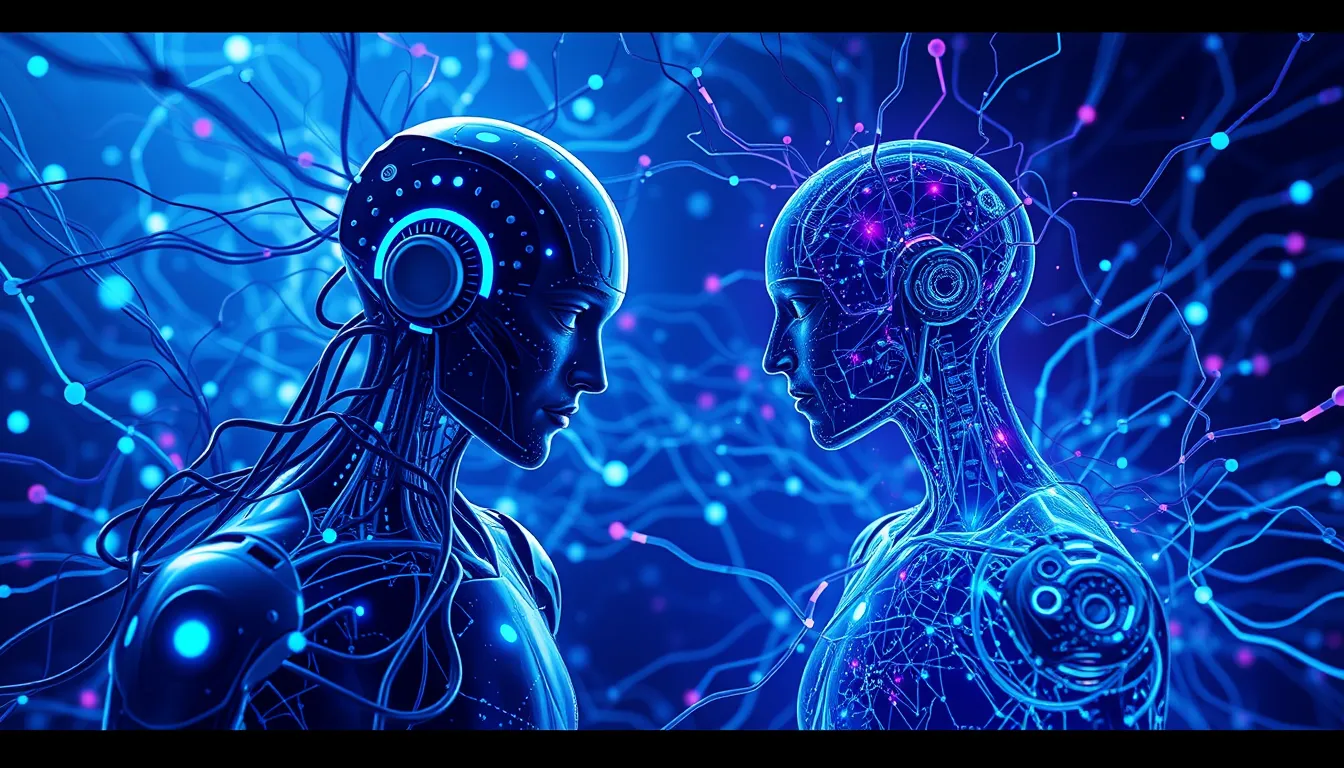Now Reading: Powerful AI in Healthcare Diagnostics: Boosting Patient Care
-
01
Powerful AI in Healthcare Diagnostics: Boosting Patient Care
Powerful AI in Healthcare Diagnostics: Boosting Patient Care

Powerful AI in Healthcare Diagnostics: Boosting Patient Care
Introduction
In today’s rapidly evolving medical landscape, AI in healthcare diagnostics is not just a trend but a revolutionary force reshaping patient outcomes. By blending advanced algorithms with medical expertise, AI-driven diagnostic tools are enhancing accuracy and efficiency in identifying diseases. In this article, we dive into how AI transforms diagnostic imaging, improves disease prediction, and ultimately creates a safer, more effective healthcare environment.
The Evolution of AI in Healthcare
The integration of artificial intelligence into healthcare systems has been growing steadily, driven by the need for precision and speed in diagnosis. Modern AI applications, such as deep learning and neural networks, now assist doctors in interpreting complex medical images and patient data. The benefits include faster diagnosis, reduced human error, and the ability to detect diseases at their early stages.
Key Benefits of AI in Diagnostics:
- Enhanced Diagnostic Accuracy: AI algorithms learn from vast datasets to identify subtle patterns that human eyes might miss.
- Accelerated Decision-Making: Real-time data processing results in swifter intervention and treatment planning.
- Improved Patient Outcomes: Early and accurate detection leads to more effective treatment strategies.
How AI Improves Diagnostic Accuracy
One of the standout features of AI in healthcare diagnostics is its ability to mine large amounts of medical data to uncover patterns that contribute to better patient outcomes. In particular, tools designed to interpret medical imaging have become indispensable in radiology departments around the world. For example, deep learning models are now commonly used to analyze X-rays, CT scans, and MRIs, providing insights that help in the prediction and treatment of diseases such as cancer and neurological disorders.
Advancing Medical Imaging
AI medical imaging systems are proving to be critical in enhancing diagnostic precision. They facilitate early detection of anomalies which is crucial for conditions such as lung cancer and heart diseases. By integrating AI diagnostics with traditional methods, healthcare professionals are better equipped to make informed, data-driven decisions. For further insights into AI advancements, visit the official website of OpenAI.
AI Disease Prediction and Future Directions
Another exciting arena is AI’s role in disease prediction. AI disease prediction models analyze historical patient data to forecast the emergence of conditions before symptoms become pronounced. This predictive capability not only prepares healthcare providers to administer preventive care but also assists in managing healthcare costs by minimizing the need for extensive treatments later on.
Key Elements for Successful AI Integration:
- Data Quality – Ensuring that the input data is accurate and representative.
- Interdisciplinary Collaboration – Merging the expertise of healthcare professionals with data scientists enhances diagnostic potential.
- Continuous Learning – AI systems must continually update and refine their algorithms based on new data.
Challenges and Considerations
Despite the transformative potential of AI in healthcare diagnostics, challenges remain. Issues related to data privacy, algorithmic bias, and the extent of human oversight are critical considerations in implementing these technologies. Healthcare institutions must address these challenges by establishing clear regulatory frameworks and ethical guidelines. By doing so, they can ensure that the integration of AI not only boosts diagnostic precision but also maintains patient trust and safety.
A Look Forward
The future of AI in healthcare diagnostics is promising. As technology continues to advance, we expect AI to play an even more integral role in early diagnosis and personalized treatment planning. Innovations such as real-time monitoring and predictive analytics are on the horizon, which will further enhance healthcare delivery and patient care.
Conclusion
AI in healthcare diagnostics is a groundbreaking development that paves the way for more efficient, accurate, and timely medical interventions. By improving diagnostic accuracy and enabling early disease prediction, AI is revolutionizing the way healthcare is delivered. The journey ahead will undoubtedly involve addressing challenges and refining technologies, but the potential benefits for patient care are immense. As we continue to integrate AI into healthcare practices, the goal remains clear: to enhance patient outcomes, streamline medical processes, and ultimately save lives.
For further reading on AI in healthcare, consider exploring reliable sources such as the National Institutes of Health (NIH) and leading industry research available on reputable health tech platforms.
The evolving landscape of AI in healthcare diagnostics reflects a commitment to innovation and excellence in patient care, marking a transformative era in medicine.

























